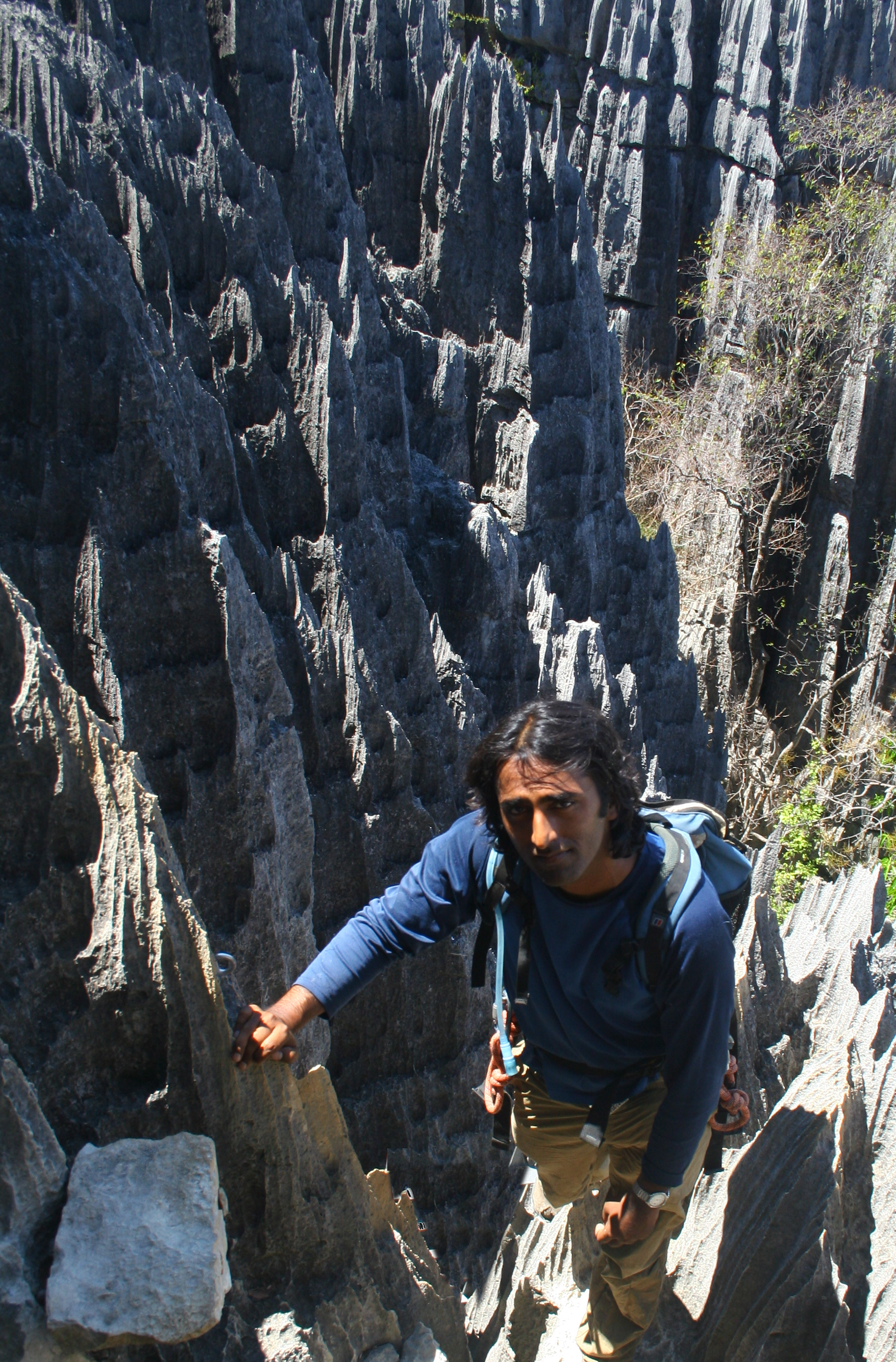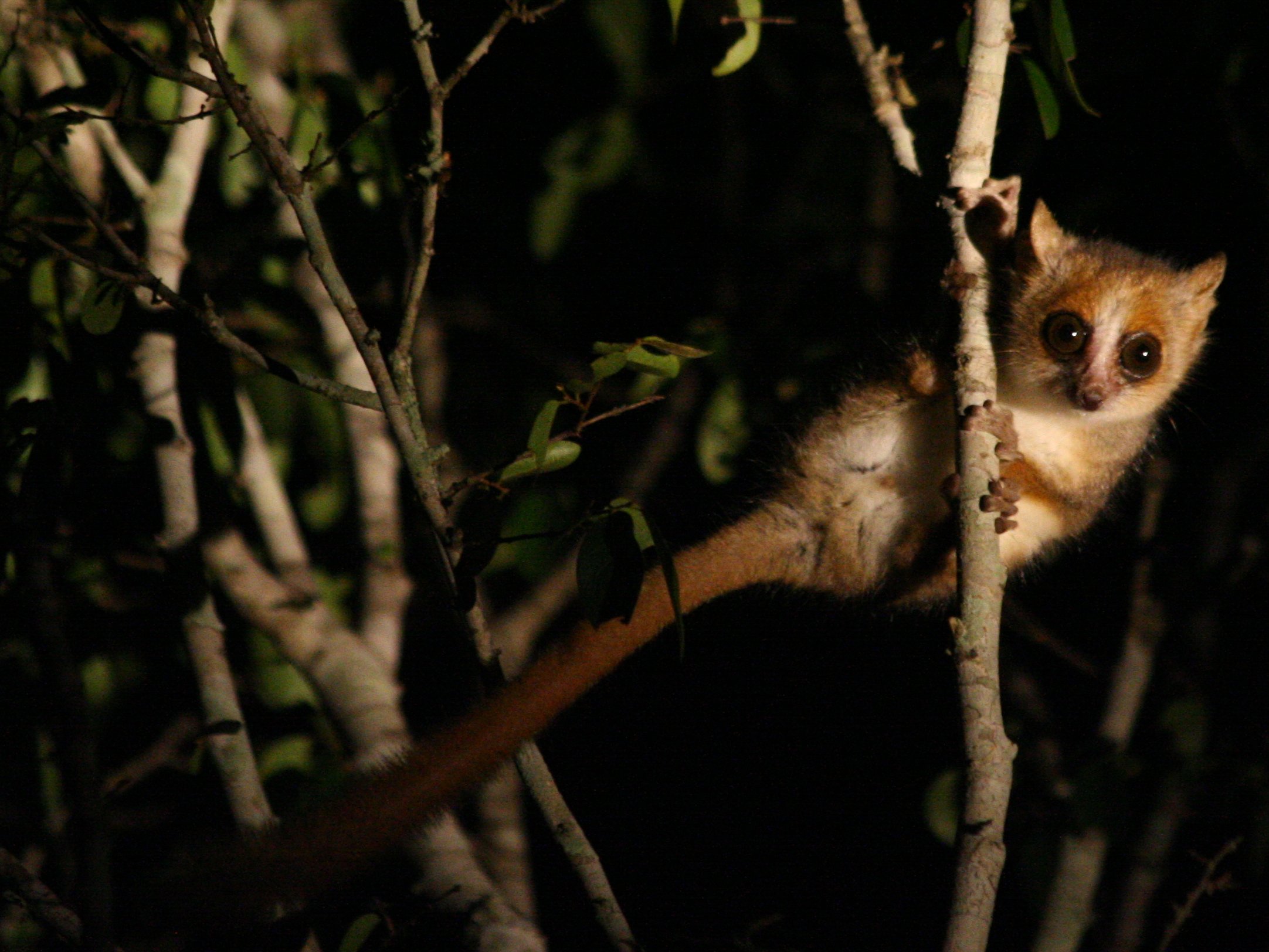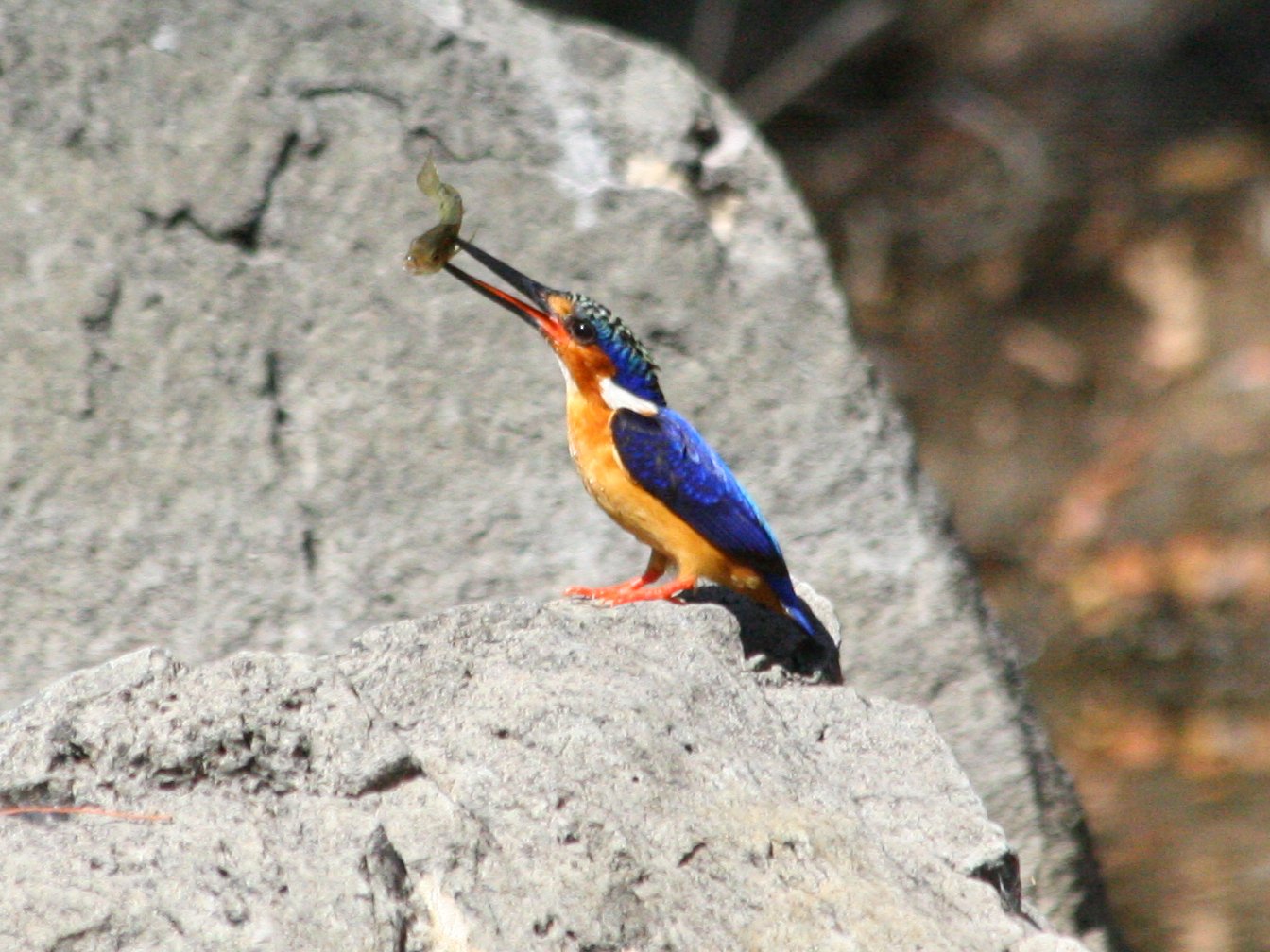Schiller, D, Yu, A, Alia-Klein, N, Becker, S, Cromwell, H, Dolcos, F, Eslinger, P, Frewen, P, Kemp, A, Pace-Schott, E, Raber, J, Silton, R, Stefanova, E, Williams, J, Abe, N, Aghajani, M, Albrecht, F, Alexander, R, Anders, S, Aragón, O, Arias, J, Arzy, S, Aue, T, Baez, S, Balconi, M, Ballarini, T, Bannister, S, Banta, M, Barrett, K, Belzung, C, Bensafi, M, Booij, L, Bookwala, J, Boulanger-Bertolus, J, Boutros, S, Bräscher, A, Bruno, A, Busatto, G, Bylsma, L, Caldwell-Harris, C, Chan, R, Cherbuin, N, Chiarella, J, Cipresso, P, Critchley, H, Croote, D, Demaree, H, Denson, T, Depue, B, Derntl, B, Dickson, J, Dolcos, S, Drach-Zahavy, A, Dubljević, O, Eerola, T, Ellingsen, D, Fairfield, B, Ferdenzi, C, Friedman, B, Fu, C, Gatt, J, deGelder, B, Gendolla, G, Gilam, G, Goldblatt, H, Gooding, A, Gosseries, O, Hamm, A, Hanson, J, Hendler, T, Herbert, C, Hofmann, S, Ibanez, A, Joffily, M, Jovanovic, T, Kahrilas, I, Kangas, M, Katsumi, Y, Kensinger, E, Kirby, L, Koncz, R, Koster, E, Kozlowska, K, Krach, S, Kret, M, Krippl, M, Kusi-Mensah, K, Ladouceur, C, Laureys, S, Lawrence, A, Li, C, Liddell, B, Lidhar, N, Lowry, C, Magee, K, Marin, M, Mariotti, V, Martin, L, Marusak, H, Mayer, A, Merner, A, Minnier, J, Moll, J, Morrison, R, Moore, M, Mouly, A, Mueller, S, Mühlberger, A, Murphy, N, Muscatello, M, Musser, E, Newton, T, Noll-Hussong, M, Norrholm, S, Northoff, G, Nusslock, R, Okon-Singer, H, Olino, T, Ortner, C, Owolabi, M, Padulo, C, Palermo, R, Palumbo, R, Palumbo, S, Papadelis, C, Pegna, A, Pellegrini, S, Peltonen, K, Penninx, B, Pietrini, P, Pinna, G, Lobo, R, Polnaszek, K, Polyakova, M, Rabinak, C, HeleneRichter, S, Richter, T, Riva, G, Rizzo, A, Robinson, J, Rosa, P, Sachdev, P, Sato, W, Schroeter, M, Schweizer, S, Shiban, Y, Siddharthan, A., Siedlecka, E, Smith, R, Soreq, H, Spangler, D, Stern, E, Styliadis, C, Sullivan, G, Swain, J, Urben, S, Stock, J, Kooij, M, Overveld, M, Rheenen, T, VanElzakker, M, Ventura-Bort, C, Verona, E, Volk, T, Wang, Y, Weingast, L, Weymar, M, Williams, C, Willis, M, Yamashita, P, Zahn, R, Zupan, B, Lowe, L, Gabriela, G, F, H and Leonie, L (2023) The Human Affectome, pp. (Early access), Elsevier










